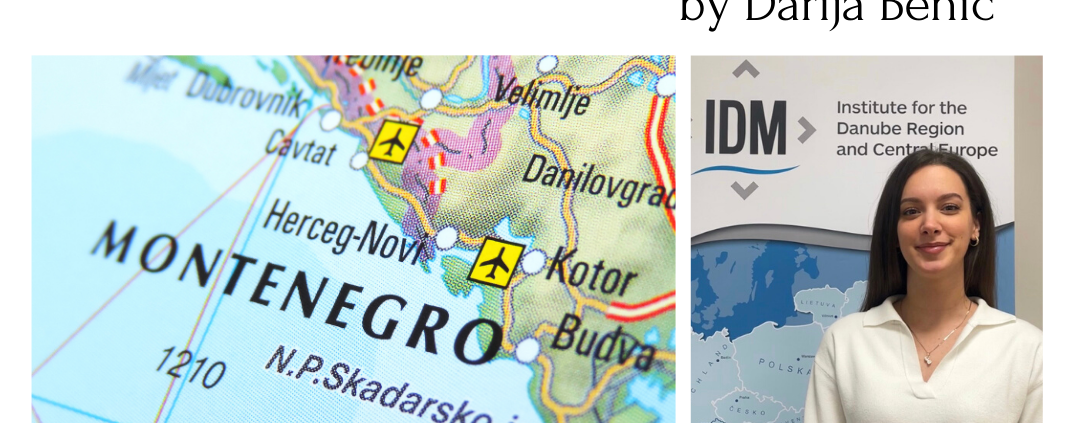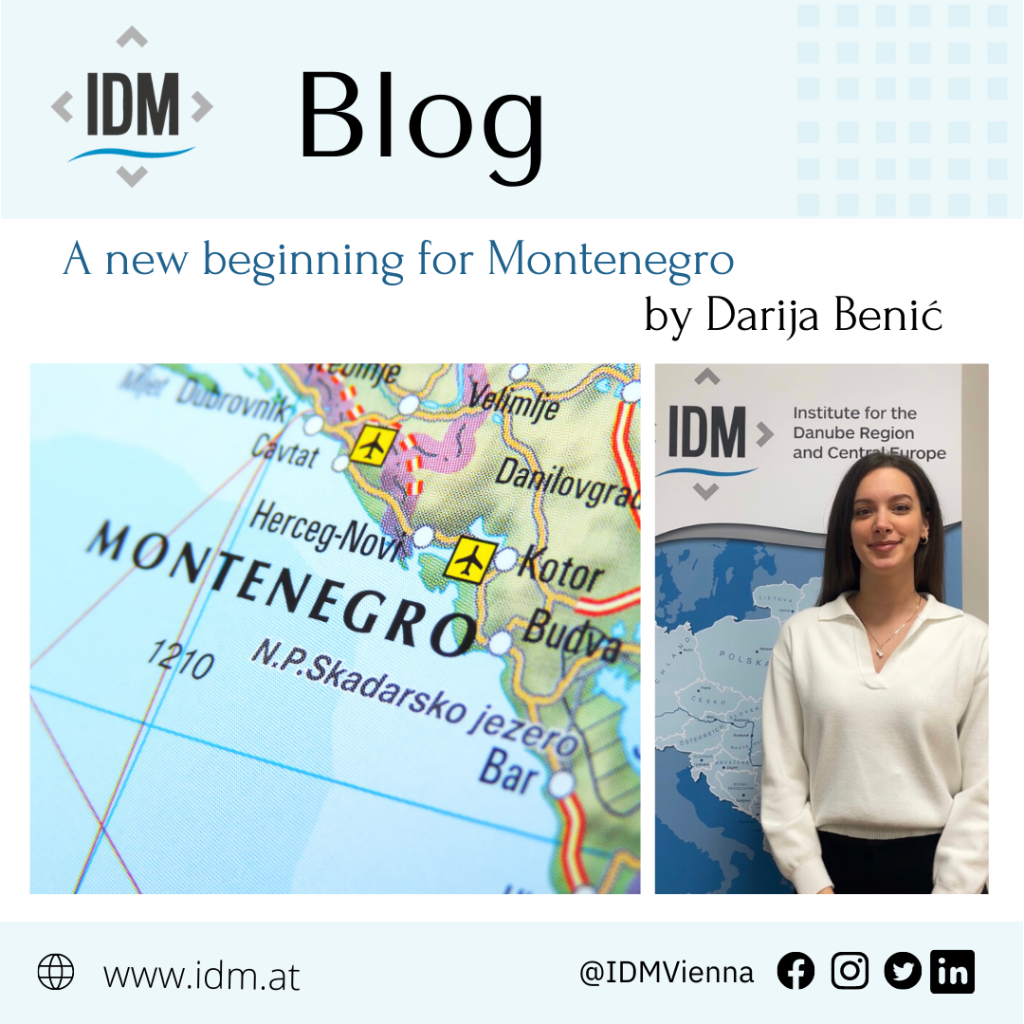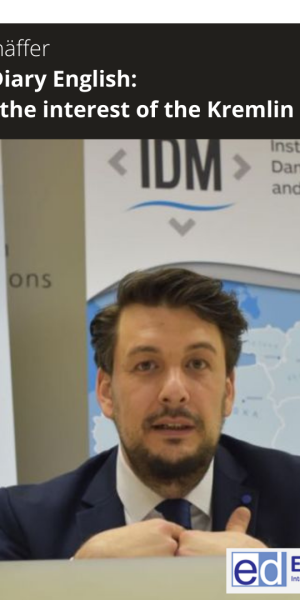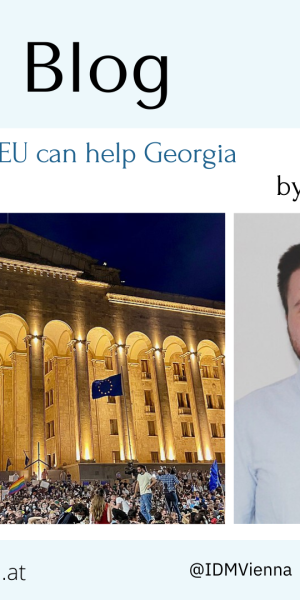A new beginning for Montenegro
Montenegro will have a new president whose victory brought the era of the longest serving politician in Europe to an end. Darija Benić explains the significance of this watershed election in her commentary for the IDM Blog.
The second round of presidential elections was held in Montenegro on April 2. The presidential candidate of the centrist, anti-corruption and pro-European political movement Europe Now Jakov Milatović, who received more than 60 percent of the votes, was elected as the new president, while Milo Đukanović (a populist political party Democratic Party of Socialists, DPS) got about 40 percent of the votes. This is the fourth presidential election since the restoration of Montenegrin independence in 2006 and the seventh since the introduction of the multiparty system.
The Europe Now was formed nine months ago, and in addition to winning presidential elections, it showed great success in the October local elections. The victory of Jakov Milatović was expected and the decline of the Democratic Party of Socialists is only more visible. The DPS was completely disempowered after the party’s three-decade regime was replaced in the parliamentary elections in August 2020. In the meantime, the DPS also lost power in most of the municipalities where it ruled for years.
Even though Montenegro is entering a phase of uncertainty, there are great expectations from the new president and it is optimistically pointed out that this is the beginning of a new era in the political life of Montenegro. Perhaps one of the key issues is the future of Serbian-Montenegrin relations, which have been far from expected in recent years. The influence of the Serbian Orthodox Church on political life in Montenegro could continue to grow because the parties that will come to power in June, after parliamentary sources, might be open to such influence.
The victory of Milatović raises hopes for the democratization of Montenegro and easing of tensions in the country. Judging by previous statements, the new president of Montenegro seems to be trying to distance himself from the major political and geopolitical topics, and to focus on the economy and economic cooperation of the region.
The spokesperson of the head of European diplomacy, Peter Stano, said at a press conference for Brussels correspondents that the European Union looks forward to joint cooperation with the new president as well as all political actors in Montenegro in order to help it stay on the path to the EU and build a consensus on the key priorities that need to be fulfilled during the European integration process.
The next step will be the extraordinary parliamentary elections which will be held on June 11. They were announced because of the institutional crisis that stopped the integration of Montenegro into the European Union.
Darija Benić– a student in the Master’s program in Planning and Management of Tourist and Cultural Systems at the University of Bari Aldo Boro (Italy) and a former trainee at the IDM ( July to December 2022). She holds a BA degree in Languages and Cultures for Tourism and International Mediation from the same university.
You might be also interested in:




